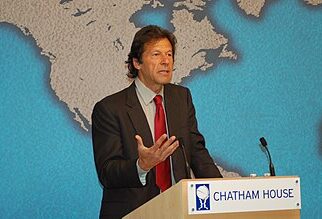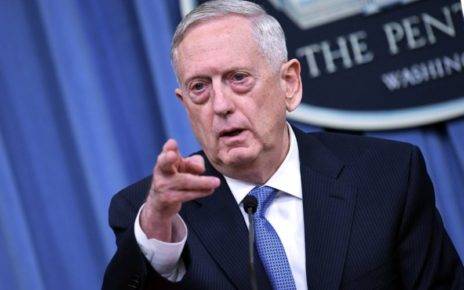Former Pakistan Prime Minister Imran Khan’s recent appearance before the Supreme Court has stirred debates and discussions, shedding light on his grievances and comparisons with other political figures.
During the hearing related to amendments to the National Accountability Ordinance (NAO), Khan expressed his discontent over what he described as mistreatment and victimization since his removal from power in April 2022. He highlighted the case of Delhi Chief Minister Arvind Kejriwal, who was granted bail to campaign during India’s general elections, contrasting it with his own situation.
Khan, 71, voiced his concerns about the swift conviction he faced, allegedly to prevent his participation in the general elections. He lamented what he perceived as political victimization and called for improvements in the functioning of the National Accountability Bureau (NAB), urging the appointment of a chairman for the anti-corruption watchdog.
In response to queries from the bench, Khan cited the circumstances surrounding his government’s ouster, emphasizing a lack of desire to engage with what he termed a “conspiratorial government” in Parliament. He also raised comparisons between the facilities provided to him in jail and those received by former Prime Minister Nawaz Sharif.
However, amidst the serious tone of the proceedings, there were moments of levity, with one justice humorously suggesting the possibility of sending Sharif to jail. The Chief Justice assured Khan of a surprise visit by a judicial officer to assess the conditions firsthand.
The hearing highlighted not only Khan’s grievances but also broader issues of justice and accountability within the political landscape. It underscored the importance of fair treatment and transparency in governance, irrespective of political affiliations.
As the legal proceedings continue, it remains to be seen how Khan’s complaints will be addressed and what implications they may have for Pakistan’s political landscape and judicial system.





